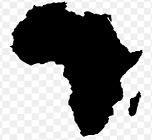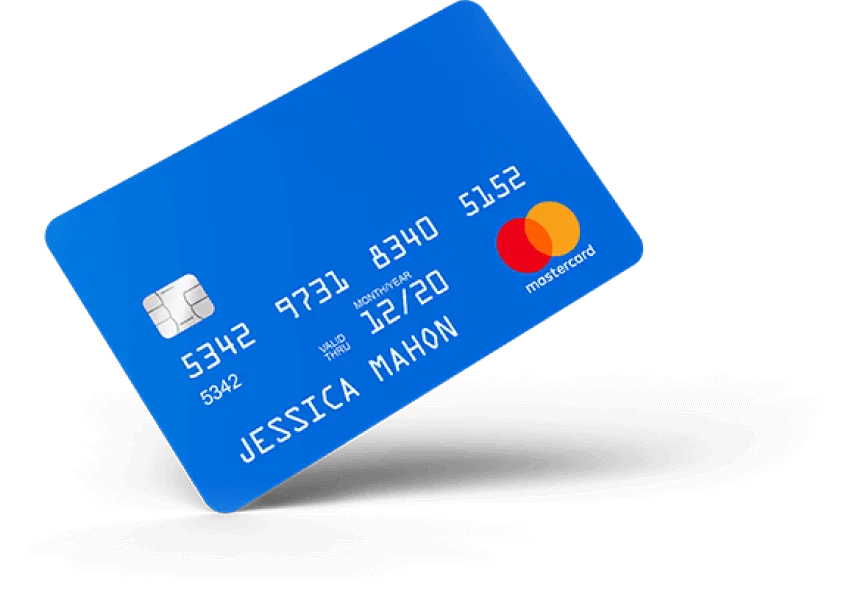July 11, 2024

-
Written by: African Politics
- October 27, 2024
Unstable Ground: The Future of Money Transfer in Nigeria and Africa through a Political Economy Lens
The African continent is experiencing a surge in digital money transfers, with Nigeria leading the charge. However, navigating the future of this landscape requires a nuanced understanding of the political economy at play. This post will delve into the factors shaping money transfers in Nigeria and Africa, particularly focusing on the impact of Nigeria’s volatile foreign exchange (forex) policy.
Mobile Money on the Rise
Africa boasts the world’s fastest-growing mobile money market. According to the GSMA, over 40% of sub-Saharan African adults now have a mobile money account. This rapid adoption signals a shift towards faster, cheaper, and more accessible financial services. In Nigeria, mobile money platforms like M-Pesa and Paga are transforming lives, facilitating cross-border trade, and supporting financial inclusion.
The Political Economy Challenge
However, the political economy of African nations presents a complex obstacle to a seamless money transfer future. Here’s how:
- Unstable Forex Policies: Take Nigeria, for instance. The Central Bank of Nigeria (CBN) implements forex policies to manage the naira’s value. These policies, often shrouded in political considerations, can be unpredictable. This instability creates uncertainty for money transfer providers and hinders long-term planning.
- Government Regulations: Restrictive regulations, imposed to control capital flow or curb illicit activities, can stifle innovation and limit competition in the money transfer market. Balancing security concerns with fostering a vibrant digital financial ecosystem is a delicate act.
- Infrastructure and Connectivity: Access to reliable internet and mobile networks remains a challenge in many African countries. This digital divide limits participation in the mobile money revolution, hindering financial inclusion efforts.
The Case of Nigeria’s Naira
Nigeria’s forex policy, with its multiple exchange rates and CBN interventions, creates a volatile environment for money transfers. This volatility can:
- Discourage Investment: Unpredictable changes in the naira’s value discourage remittance inflows, a critical source of foreign currency for development.
- Fuel Black Markets: Uncertainty can incentivize the use of informal money transfer channels, posing security risks and hindering financial transparency.
- Stifle Innovation: Money transfer providers are hesitant to invest heavily in a market with fluctuating exchange rates, hindering the development of innovative solutions.
The Road Ahead
The future of money transfers in Nigeria and Africa requires a multifaceted approach:
- Policy Stability: Governments must strive for more predictable forex policies that foster long-term investment in the financial sector.
- Regulatory Harmony: Harmonization of regulations across African nations can create a more unified market, promoting competition and innovation.
- Investment in Infrastructure: Expanding access to reliable internet and mobile networks will bridge the digital divide and empower more Africans to participate in the digital economy.
- Collaboration: Public-private partnerships can accelerate the development of secure and efficient money transfer platforms.
Conclusion
The future of money transfers in Nigeria and Africa is bright, fueled by a growing mobile-savvy population. However, addressing the challenges stemming from the political economy, particularly the instability of forex policies, is crucial for creating a sustainable and inclusive financial ecosystem. By fostering greater policy stability, streamlining regulations, and investing in infrastructure, African nations can unleash the full potential of digital money transfers and empower their citizens to thrive in the global economy.
Recent Post
December 30, 2024
ZENC Football Academy: Nurturing Champions and Empowering Communities
November 6, 2024
Ethnocentric Politics and the Marginalization of the Igbo
November 1, 2024
Breaking Free: A Call to African Leadership
October 27, 2024
The Future of Money Transfer in Nigeria and Africa through
October 27, 2024



